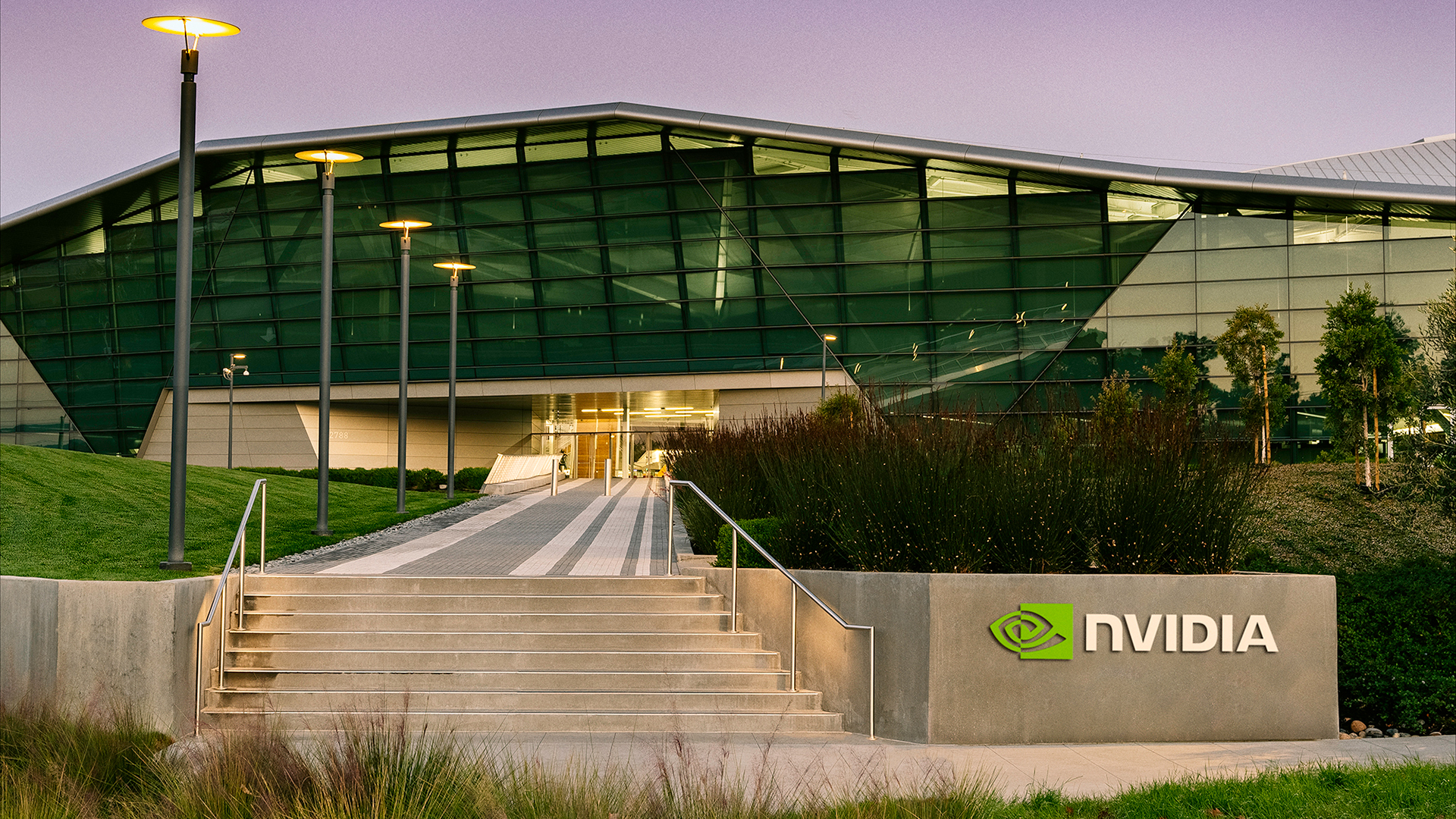
The U.S. Supreme Court has dismissed an appeal from Nvidia, rejecting its request to shut down a class-action lawsuit that began in 2018. The suit, based on cryptocurrency mining, involves accusations that the company misled its shareholders.
The Supreme Court first heard arguments from Nvidia's attorneys in November and issued a one-sentence dismissal today, declaring that Nvidia's request for Supreme Court intervention is "dismissed as improvidently granted."
The suit against Nvidia was brought by Swedish firm E. Ohman J:or Fonder AB, arguing that Nvidia failed to accurately represent to shareholders how much of its business and sales in and around 2018 were built on sales to cryptocurrency miners. The investors of Nvidia wanted to know more about the nascent field of cryptomining, but were purposefully kept in the dark regarding the topic, the suit alleges.
The suit alleges this lack of information on cryptocurrency mining in Nvidia's SEC filings violated the Securities Exchange Act of 1934, which is the act that created the SEC and litigates what statements corporations must make to the government and its shareholders. Nvidia already paid a $5.5 million fine to the SEC in 2022 for failing to disclose the effect cryptocurrency had on its gaming business in 2018 and 2019, without admitting or denying the SEC's statement.
The class-action against Nvidia was dismissed by a California judge in 2021, but was revived shortly after by the 9th U.S. Circuit Court of Appeals in San Francisco. Nvidia then went to the Supreme Court to request that it uphold the original judge's dismissal of the suit, arguing that the decision to allow the lawsuit to continue had national consequences: "creat[ing] an easy road map for plaintiffs to evade the Reform Act." The Private Securities Litigation Reform Act provides safeguards against frivolous lawsuits.
The Supreme Court disagreed with this lofty claim. Justice Sonia Sotomayer instead called Nvidia's petition "concerning."
"We often don't grant cert to error correct," said Sotomayer. "I'm not actually sure what rule we could articulate that would be clearer than our cases already say."
As Supreme Court cases set national legal precedence, a class-action suit against Nvidia was deemed too narrow for the Court to take it up.
The case against Nvidia will now return to the 9th Circuit Court. Nvidia's status as the world's largest company and its reliance on the cryptocurrency and AI markets to reach that height means that Nvidia is constantly embroiled in legal troubles. Yesterday, China's State Administration for Market Regulation launched an antitrust suit against Nvidia which could result in fines of up to $1.03 billion, based on Nvidia breaking promises to Beijing after it acquired Mellanox in 2020.







